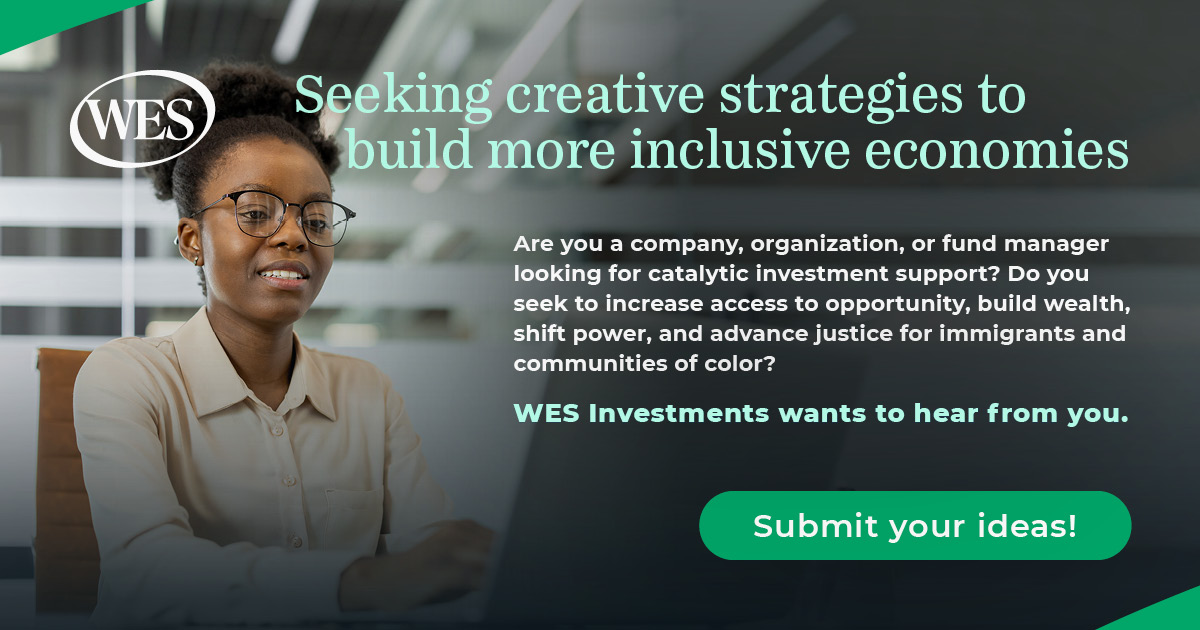If you look at the data, 95% of impact investors say they measure impact. “But what does that mean?” asks Sasha Dichter, Chief Innovation Officer of Acumen, a nonprofit organization that promotes innovative ways to alleviate poverty.
In his SOCAPtv session at SOCAP15, Sasha points out that impact investors are good at providing a certain set of data, like the number of farmers a company has reached, the number of students attending new schools, and the number of new solar lanterns sold, but, by and large, they can’t answer deeper questions like: Are these farmers better off? Who are these children attending schools? If you buy one of these kerosene lanterns, what actually happens? Does your life improve?
“We need more than big numbers to know if we are making a difference,” he says.
The answer, as it turns out, may be small enough to fit inside a pocket: smartphones. In the next five years, there will be two and a half billion new people in the developing world who have smartphones in their hands, most of them in Asia-Pacific, and nearly another half billion people in Sub-Saharan Africa.
“You’ve got the most progressive, forward-looking investors in the world saying, wait a minute: If we can use this network to gather data, maybe that will reposition the kind of information we have, to know how to act in this marketplace,” Sasha says.
Building Lean Data
It’s instructive for impact investors to ask what they can do with this mobile network and Acumen has been testing that for the last year and a half, by building lean data using Grameen’s Project out of Poverty Index (PPI) with a dozen different companies. Acumen’s Lean Data Initiative experiments with more cost and time efficient ways to collect better data, or “lean data,” with the hope of furthering both business and impact measurement goals.
Working with Ziqitza Healthcare Limited, which runs a network of over a thousand ambulances in India, Acumen trained their call center workers to ask a series of ten questions, and got data back that 75% of their customers were under the poverty line. Ziqitza Healthcare Limited CEO, Sweta Mangal, said it was the first time the company had real data to support that they were accomplishing their mission, and knowing this changed the orientation and morale of the company.
In the example of Solar Now, a company that sells 50-watt solar home systems across Uganda, Acumen used a series of short mobile text surveys to end customers and captured data that showed a 93% reduction of kerosene use along with an additional 2.5 hours of light. The text survey also revealed that 30% of customers had encountered a problem. This came as a surprise to Solar Now CEO Willem Nolens, but he was encouraged by the real time feedback, and as a result directly addressed the product performance issues, recruited a customer service team, and started quarterly lean data calls with Acumen.
Solutions for the Poor
By using the PPI across different sectors, Sasha points out that the poverty profiles of companies can be assessed, and that better data can lead to better solutions for serving the poor.
His call to action? Collect the data and share it. With the sweeping growth of smartphone use in the developing world, there is an opportunity to use technology to amplify the voices of the new 2.5 billion people who are now coming online.
“Our belief, hope, and experience is that lean data helps accelerate that conversation, to make these voices heard,” says Sasha. “We hope we can use this data to better serve them and move forward in accomplishing our collective mission.”
More on Acumen
Social enterprises and non-profits can sign up for Acumen’s free Lean Data course to get started on building a lean data approach for their own organization. For more about Acumen and the power of lean data, check out the Winter 2016 issue of the Stanford Social Innovation Review. Recently, Acumen was recognized as one of the Top 10 Most Innovative Non-Profits of 2015 by Fast Company for using inexpensive mobile-enabled impact measurement tools to assess and evaluate its work.





